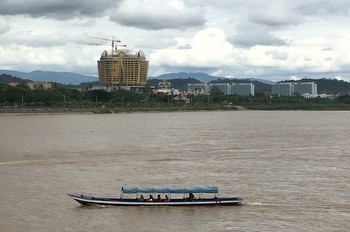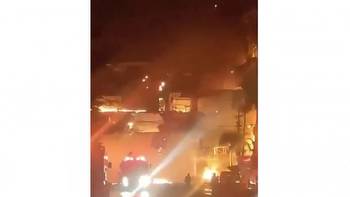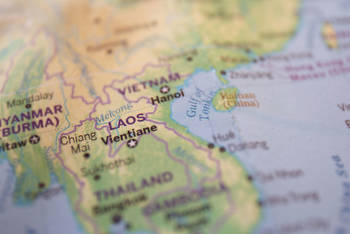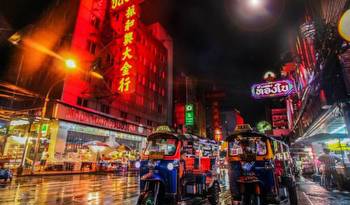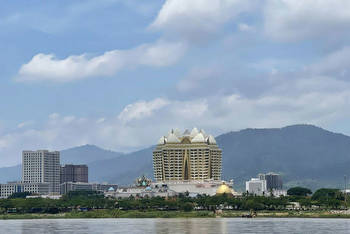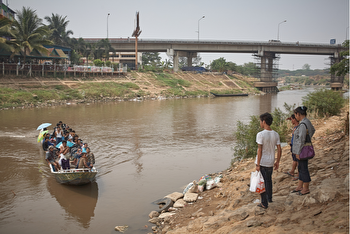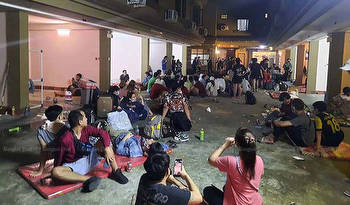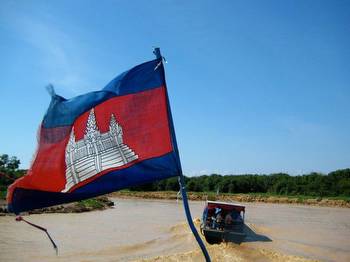Casino plans need rethink

The plight of the 160-plus Thais who were duped to work in call centres and casinos in Myanmar's Shan state reminds us of the alarming reality that Thailand is becoming a major transit route for human trafficking and money laundering for casino businesses and online scams in the lower Mekong region.
Currently, 164 Thais are stranded at a safe shelter in Kokang -- a special administrative zone in Shan state in northern Myanmar. The Thai government is currently figuring out how to get them back safely.
Some of them went voluntarily to Myanmar to work for call centre gangs and casinos, while others were duped by human traffickers into working there. Amid intensified clashes between Myanmar troops and ethnic rebel groups, they are now trapped.
The latest case is just one of many involving Thais and foreigners crossing the border to work for call centre gangs and casinos in Cambodia, Laos and Myanmar. Most of the casinos are built by Chinese investors and located in special administrative zones bordering China.
These operations not only involve gambling. The dens are reported to be involved in narcotics and human trafficking and are known to be safe havens for money laundering. Through collaboration with corrupt Thai officials and Thai conspirators, it would be no surprise if this illicit money is then diverted back into Thailand and laundered via the purchase of real estate, supercars, luxury designer accessories and pricey watches.
These cases remind us that the government's pledge to stamp out smuggling and the illicit trade flowing freely through our borders is nothing but lip service. This week alone, six local policemen in Tak province were caught taking bribes from businessmen and smugglers in Myanmar so they could cross the border into Thailand. True to its fashion, the Royal Thai Police sternly denied the accusation.
Yet, the issue of Thais being duped to work in casinos in neighbouring countries is just a small part of the problems the country must worry about. The Lower House last month launched a project to study legalising casinos in Thailand.
Lest we forget, previous policymakers launched several studies on casino legalisation. A recent one, launched in 2020 by the previous Lower House's committee and unveiled in 2022, supported the government's bid to let casinos operate legally in entertainment complexes in 22 tourist and border towns. Surprisingly, this recent study recommended legalising online gambling. It would come as no surprise if casino operators in Myanmar, Laos and Cambodia decided to expand their businesses into Thailand.
Rangsiman Rome, a Move Forward Party list-MP who supports legalising casinos, even warned that a company based in Tak, accused of engaging in human trafficking and the illicit trade of human organs, had sent a representative to express its views to the committee.
It would be naive to hope that with its rampant corruption, Thailand would be able to attract fully transparent casino investors who would pay taxes properly.
The Srettha government must declare war on transboundary smuggling. The first step is to crack down on bribe-taking officials. But that is far from enough. The government needs to be cautious about investments by casino operators and think many things through.
Human smuggling and reports of crimes involving online scams and casinos should serve as a warning sign that Thailand -- with its officials and law enforcers -- is far from ready to deal with them.








